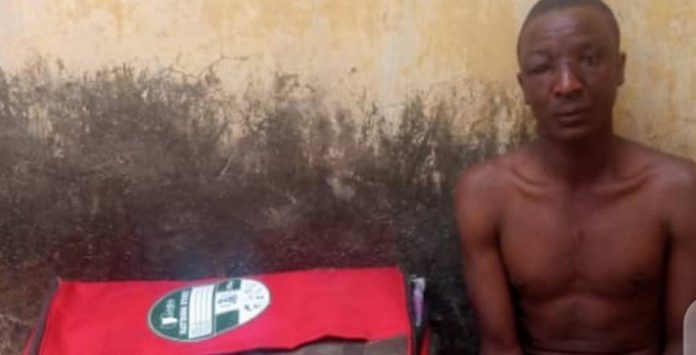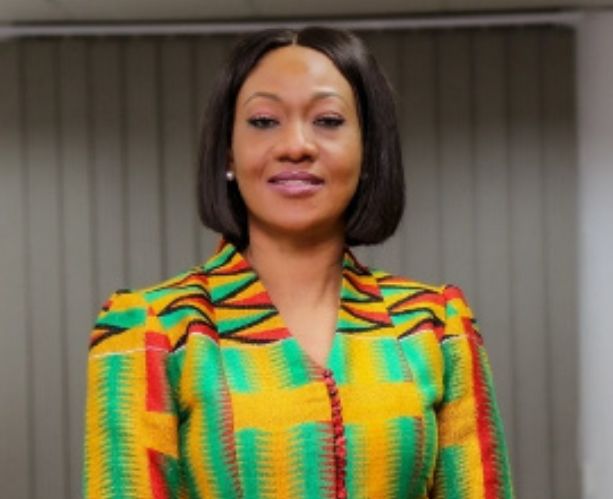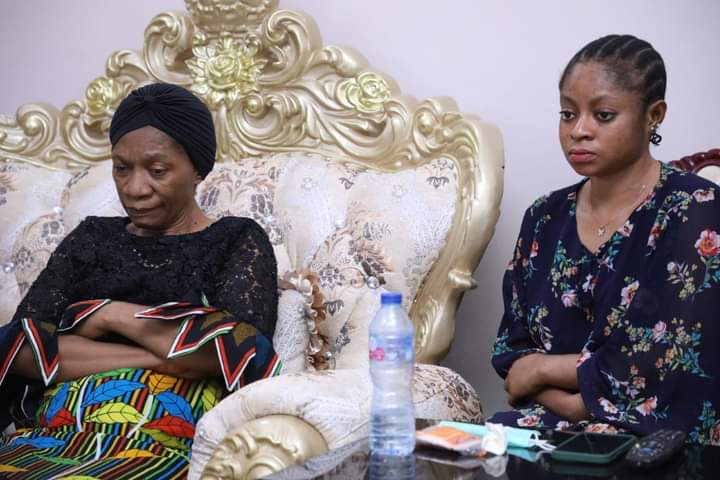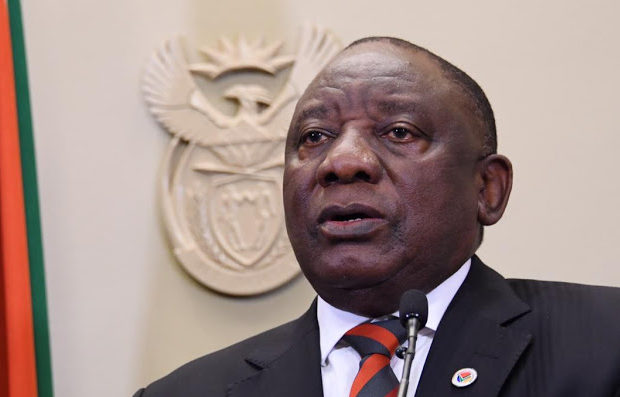Kenya’s ‘trees of life’ exported despite conservationists’ protests

The matter is not new. But it should have been settled last year after President William Ruto directed his environment officials to investigate why the giant trees were being taken away from their indigenous habitats.
This week, however, it turned out the very exporter had been given the green light. Trucks were seen moving from the yard at Bofa to the Kilifi Old Ferry, in Kilifi County, where they were loaded on a ship to Mombasa Port.
Four of the eight felled trees left Bofa this week on Monday, where they had been preserved since September last year, when the government initially halted the process of export. More would be loaded.
This is despite pending court cases barring further uprooting and export of trees and the President’s order to investigate the export process.
“There must be adequate authorisation and an equitable benefit sharing formula for Kenyans. Further, the exercise must be in line with the government’s agenda of planting 15 billion trees in the next 10 years,” President Ruto said on November 23, 2022.
The president has since announced other similar policy changes, including allowing timber harvesting in public forests initially halted to protect them.
Shortly after Ruto’s order last November, the Environment and Forestry ministry said the environmental impact assessment licence issued to Georgy Gvasaliya, a contracted exporter, in October, allowing the trees to be uprooted and exported, had been given “irregularly”.
Mr Gvasaliya is exporting the baobabs to Shekvetili Dendrological Park Ltd in Ureki, Ozurgeti Municipality Park owned by Georgia’s former prime minister Bidzina Ivanishvili, who has been accused of involvement in other tree-uprooting activities on the Georgian coast.
The ministry halted the transportation with immediate effect, saying the trees could not be taken out of the country until agreements on their export were “regularised”.
It said action would be taken against any government official found not to have followed correct procedure when processing the licence, amid public calls for accountability.
The government argued that the Nagoya Protocol, an international agreement that governs the conditions for the export of genetic resources, requires communities to give prior informed consent to any exports, and an agreement between whoever is taking them, the government and the community, on how the benefits should be shared.
Kenya is a signatory of the Nagoya Protocol, which it has incorporated into Kenyan law.
The export is against Kenya’s agenda in trying to recover lost forest cover.
President Ruto has also targeted massive tree planting in the next five years to recover lost cover. Kilifi County has experienced the third-highest rate of tree-cover loss in Kenya over the last two decades, of all the 47 counties, according to the Kenya Forest Service (KFS).
Kilifi Governor Gideon Mung’aro had, in the wake of exports, warned farmers intending to sell baobabs and the buyers of stern legal action and faulted the move by the Nema to allow farmers to uproot the baobab tree.
Convention of Biological Diversity
“The land in Kilifi is bare due to the massive cutting of trees for charcoal, and now we are uprooting the baobab for export. Sadly, we are selling our shrines and places of worship,” he said at an earlier meeting with locals.
On Sunday, Soipan Tuya, Kenya’s the Cabinet Secretary for Environment and Forestry asked the County Government of Kilifi to protect the baobab trees saying the export of the Baobab trees amounted to trade in genetic resources, yet Kenya is a signatory to the Convention of Biological Diversity, the international instrument that regulated the trade in genetic resources.
Ms Tuya noted that the agencies and parties involved must follow due process before the export of genetic materials in the country.
“The baobabs in Kilifi are on private farms, and community forests and the county government of Kilifi has some responsibility to with this trade,” she said. “This is the first of a kind happening where we have baobabs being uprooted and taken outside the country. We may need to discuss whether we want to allow the uprooting of baobabs or classify our baobabs under the same classification that sandalwood is.”
Kilifi baobabs are being exported in spite of a pending court case at the Malindi Environment and Lands Court (ELC) filed by Kituo Cha Sheria, and two others at the National Environmental Tribunal (NET) in Nairobi.
The cases were challenging the uprooting and export of the trees to Georgia. Mr Gvasaliya of the Ariba Weeds International Company has been in charge of the project to establish a botanical garden in Georgia.
Constitution violations
The Kenya Plant Health Inspectorate Service (Kephis), National Environment Management Authority (Nema) and the Kenya Forest Service (KFS) are the main agencies who are parties to the cases challenging the export.
Baobab though may not have the same protection as Sandalwood, which is protected under the CITES (the Convention on International Trade in Endangered Species of Wild Fauna and Flora).
“If we put the baobab in that space, the trade will be strictly regulated,” the Kenyan Minister said.
Ariba Seaweed International Limited has been uprooting baobabs in Tezo, Kilifi North constituency, since last year.
In May, the Kenyan Environment and Lands Court in Malindi suspended the case challenging the uprooting and exportation of Kilifi baobabs to Georgia, pending the hearing and determination of the case on the licensing process which was running at the National Environment Tribunal in Nairobi.
On May 18, Justice Evans Makori of the Environment and Land Court in Malindi dismissed a petition by Kituo cha Sheria objecting to requests by the National Environment Management Authority. Nema had wanted a petition filed challenging the uprooting and exportation of the eight baobab trees to Georgia, be heard by the National Environmental Tribunal.
Justice Makori referred all aspects relating to licensing to be handled by the case still before the Tribunal, between an individual Salim Mwakeli and others against NEMA and the exporter, Mr George Gvasaliya of the Ariba Seaweed International limited, as listed in matter number 45 of 2022 at the Tribunal.
However, he said that the pending constitutional violations would be stayed, pending their determination at the National Environmental Tribunal.
The judge struck out the notice of motion by Kituo cha Sheria and objected to prayers by Nema to have the case moved to the National Environmental Tribunal.
On February 23 this year, Kituo cha Sheria had sued the Nema, Kenya Forest Service the County Government of Kilifi, the Ministry of Environment and Forestry, Kephis and the Attorney General for allowing the uprooting and export of baobabs from Kilifi to Georgia.
The legal charity wanted the court to declare that the actions by the different national government agencies and the County Government of Kilifi were against the constitution.
That actions violated the Convention on Biodiversity, African Charter on Human and Peoples Rights and the International Covenant on Civil and Political Rights, to which Kenya was a signatory.
The acts of Nema violated the Environmental Management and Coordination Act 1999.
They sought orders for compensation for the affected community in Kilifi against the respondents for violating constitutional rights.
Kituo cha Sheria also sought conservatory orders to be issued against the respondents to stop licensing of uprooting of baobab trees since it was harmful to the environment.
Rearguard action
In addition, an order to compel the respondents to restore the trees uprooted by the Ariba Seaweed International Limited in the natural environment and to engage and educate the public in the affected areas on the importance of conserving the baobab trees.
On June 19, Kituo cha Sheria filed an application for review of the decision by Justice Makori on May 18 to suspend the petition dated January 18, 2023, pending the outcome of the National Environmental Tribunal (NET) 45 of 2022.
They asked the court to give direction on the constitutional issues they had raised.
Kituo cha Sheria said NET had no jurisdiction to adjudicate over the constitutional issues arising from the petition owing to the supremacy of the constitution.
“The order staying the petition is prejudicial to the petitioner since it involves serious constitutional violations which need to be dealt with at the earliest,” stated a supporting affidavit by Dr Annette Mugoh, Executive Director of Kituo cha Sheria.
The case will be mentioned on October 12.
WATCH Our latest Episode with Kennedy Agyapong in South Africa below:
Source: theeastafrican.co.ke





